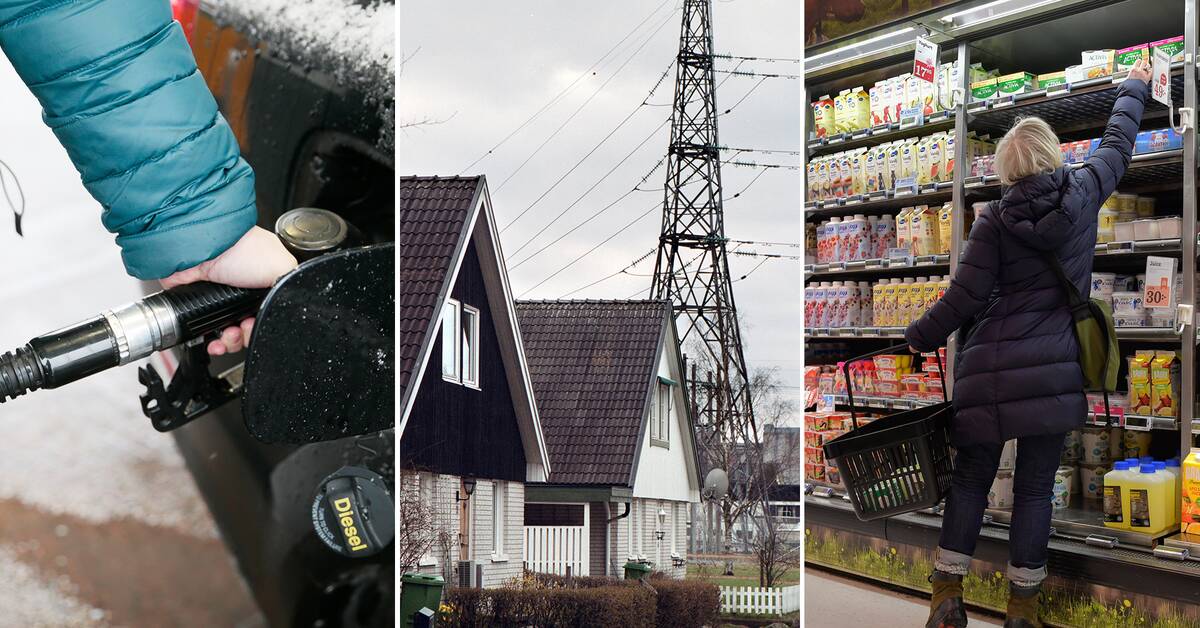Crude oil and natural gas prices have been rising since Russia launched attacks on a number of targets inside Ukraine.
The aggression against Ukraine has the potential to rapidly develop into the largest armed conflict in Europe since World War II.
The price of crude oil rose above 100 dollars a barrel for the first time since 2014 and on the raw material exchange in Amsterdam, the prices of natural gas rose to 120 euros per megawatt hour - a price increase of 35 percent.
The price shock is now hitting an energy market that is already in crisis since Russia last year began to reduce supplies of natural gas, says Bjarne Schieldrop, chief analyst at the major bank SEB.
Closed industry
- Before this war, Europe has lost about 30 percent of Russia's supplies of natural gas.
And during the war that is now going on in Ukraine, the natural gas pipelines that run through Ukraine will probably be shut down - to avoid disasters and explosions.
The reduced supply will mean more expensive gas, and Swedish households will not escape, as the price of electricity in the Nordic countries is largely determined by German energy prices.
It will also be much tougher for the business community, according to Schieldrop.
He sees first and foremost a threat to heavy European industry such as smelters, steel mills and aluminum production.
But risks spreading quickly to other industries - such as the automotive industry - where steel, aluminum, zinc or other inputs that are affected are used.
More expensive fuel
Fuel prices - such as petrol and diesel - are also expected to rise sharply in the shadow of the war as oil supplies from Russia shrink.
According to Schieldrop, the price must be up to 150 dollars a barrel to reach balance.
- The price must be up to a level where consumers say that this is more than I am willing to pay.
It means recession.
You have to reduce the activity in the economy to get a lower consumption of oil, he adds.
The threat of inflation is increasing
The energy price shock will also exacerbate inflation problems.
How much is determined by how the war in Ukraine develops, what sanctions the West imposes and how Russia responds to these, according to Schieldrop.
He reckons that Vladimir Putin's Russia will not withdraw from Ukraine until he has secured a regime change in Kiev, with new Ukrainian leaders clearly turning away from NATO, the United States and the European Union.
He is less sure how far the West is willing to go with sanctions against Russian energy exports.
- But there will certainly be tougher sanctions.
And then Russia can come up with countermeasures against the EU and the US.
Then it can be a matter of reduced energy exports.
That is a natural answer for Russia, he says.

